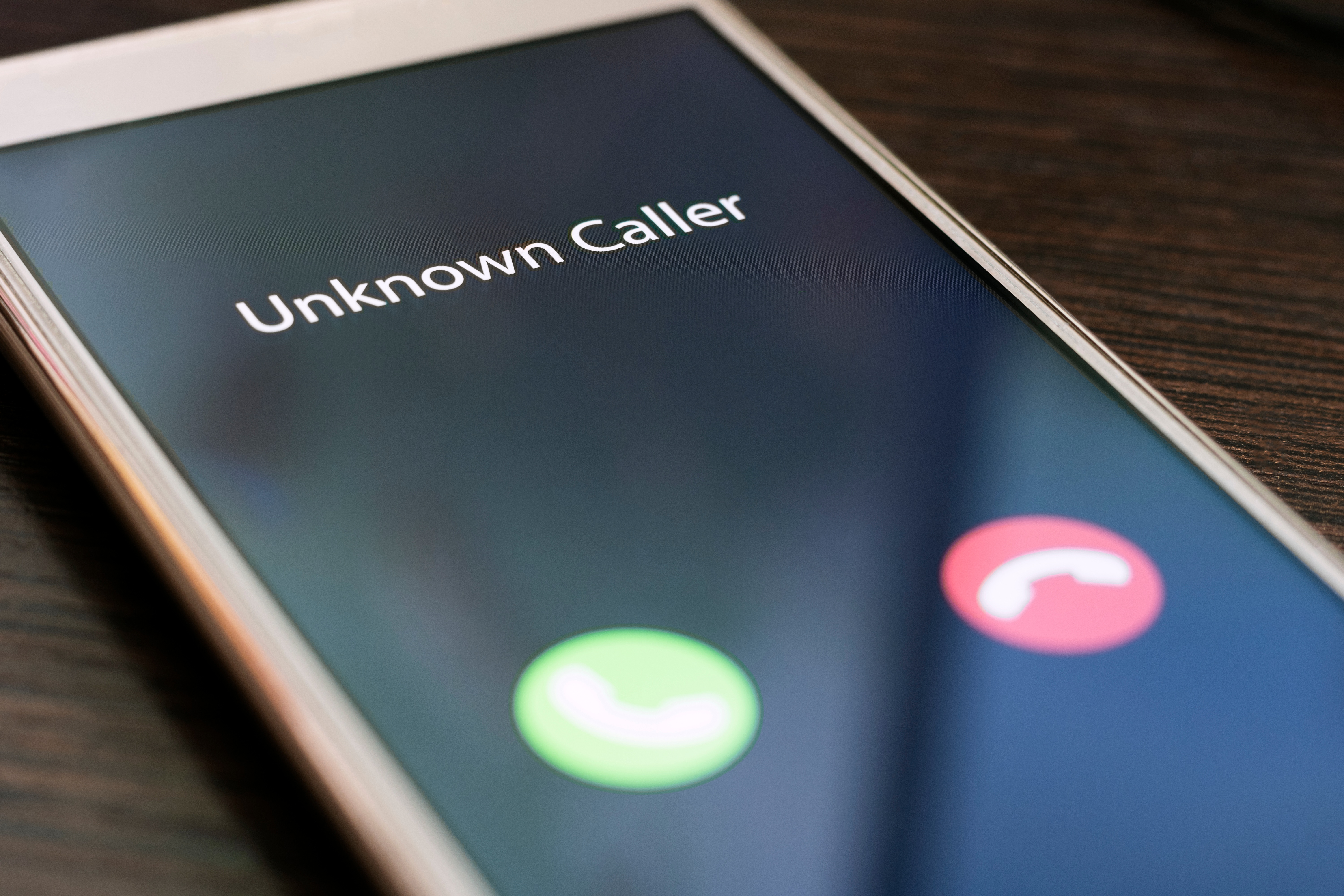Today, the Federal Trade Commission announced that it won a court case against a telemarketing company that bombarded job seekers with millions of illegal, unsolicited calls. The FTC said Day Pacer, LLC and Edutrek LLC purchased consumers’ contact information from websites claiming to help people find jobs, and use the data to make 40 million calls to customers on the Do Not Call Registry.
The court found that the two companies knowingly violated the law by making these calls. This was just one case in the FTC’s growing fight against spam and scam calls.
The FTC announced last month that they have found over 180 actions targeting operations behind billions of robocalls to U.S. households. “Operation Stop Scam Calls” looks for shady telemarketing companies but also their lead-generating sources in addition to Voice over Internet Protocol (VoIP) providers who operate telemarketing scams internationally. Third-party lead generation is prohibited under the Telemarketing Sales Rule (TSR).
There are few things that unite people more effectively than anger over the surge in robocalls over the last several years, as scammers employ sophisticated number-spoofing and robocalling methods to bombard people with junk calls. The FTC has gone after the perpetrators of these calls, while the Federal Communications Commission has worked with the carriers to put in better protections in their systems.
“Today, government agencies at all levels are united in fighting the scourge of illegal telemarketing. We are taking action against those who trick people into phony consent to receive these calls and those who make it easy and cheap to place these calls,” said Samuel Levine, director of the FTC’s Bureau of Consumer Protection. “The FTC and its law enforcement partners will not rest in the fight against illegal telemarketing.”
“Operation Stop Spam Calls” has filed cases against 167 robocallers, totaling $2 billion in issued fines and collecting $394 million towards refunding those who had been scammed. The list also includes companies violating the Do Not Call registry.
Across 48 federal and 54 state agencies, an additional 180 cases have been filed under “Operation Stop Scam Calls”. These agencies include the Department of Justice, the FCC, the Social Security Administration Office of the Inspector General, and the U.S. Postal Inspection Service.
“Unsolicited robocalls violate consumers’ privacy and unnecessarily cost them time and money. Companies responsible for these illegal, annoying calls must be held accountable,” said Illinois Attorney General Kwame Raoul. “I am proud of my office’s role in this robocall sweep with the Federal Trade Commission, law enforcement partners, and my fellow attorneys general from across the country. I will continue to work to address this problem in Illinois and protect consumers’ rights by fighting against these unlawful and disruptive practices.”
In a unanimous vote held by the FTC, the following companies have been targeted:
- Fluent, LLC
- Viceroy Media Solutions, LLC
- Yodel Technologies, LLC
- Solar Xchange LLC
- Hello Hello Miami, LLC
If you receive any suspicious calls, report them to the FTC.

